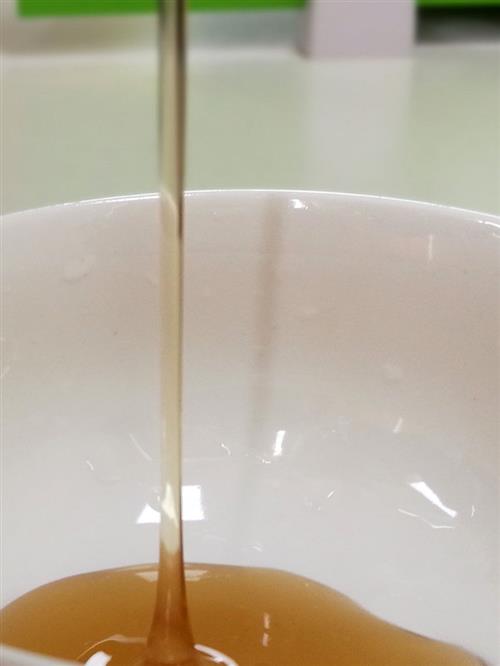Honey has always been one of the most admired foods for health care providers, but no matter how good the food, there are two sides - "Other people's tonic may be your poison."
Honey is the bee product most familiar to humans. Modern medical research has shown that honey can be used internally to treat diseases such as heart, liver, spleen, kidney, lung, and intestines. External use can treat burns, frostbite and moisturize the skin. At present, there are three kinds of people who are not suitable for eating honey:

Under 1 year old baby:
Honey is rich in nutrients and is a popular food. Many new mothers will add some honey to the complementary foods for infants to regulate their taste and increase their nutritional value. However, experts pointed out that infants within 1 year of age are not suitable for eating honey. During the process of brewing and transportation of honey, it is easily contaminated by Clostridium botulinum. The botulinum spores are highly adaptable and can survive at high temperatures of 100°C. Due to the weaker gastrointestinal function of the infant, the detoxification function of the liver is poor, especially in infants younger than 6 months. Botox is prone to multiply in the intestine and produces toxins, causing poisoning.
Symptoms of poisoning often occur 8 to 36 hours after eating honey or food containing honey. Symptoms often include constipation, fatigue, and loss of appetite. Although the chance of botulinum infection in infants is very small, doctors still recommend that you do not give him honey and its products until the child is over 1 year old. In addition, experts also reminded that children over the age of 1 should also be careful when eating honey, and the amount of food should be reduced as compared with adults.
Diabetic people:
Each hectogram of honey carbohydrate has about 35 grams of glucose, about 40 grams of fructose, about 2 grams of sucrose, and about 1 gram of dextrin. Glucose and fructose enter the intestine and can be absorbed directly into the blood without the need of digestion, so that the blood sugar rises. Sucrose and dextrin can be absorbed after being slightly hydrolyzed. Therefore, the effect of increasing blood glucose of honey is particularly obvious. From this point of view, people with diabetes cannot take honey.
Patients with cirrhosis:
In general, hepatitis B patients are very suitable to eat honey, because the monosaccharide provided by honey does not require liver synthesis and synthesis, which can reduce the burden on the liver, but patients with liver cirrhosis can not eat honey, because it will increase liver fibrosis.
Key Box And Cash Box,Steel Cash Safe,Small Tin Key Box,Metal Cash Coin Box
Hebei Hupai Aodi Cabinet Industry Co.,Ltd. , https://www.hupaiaodi.com